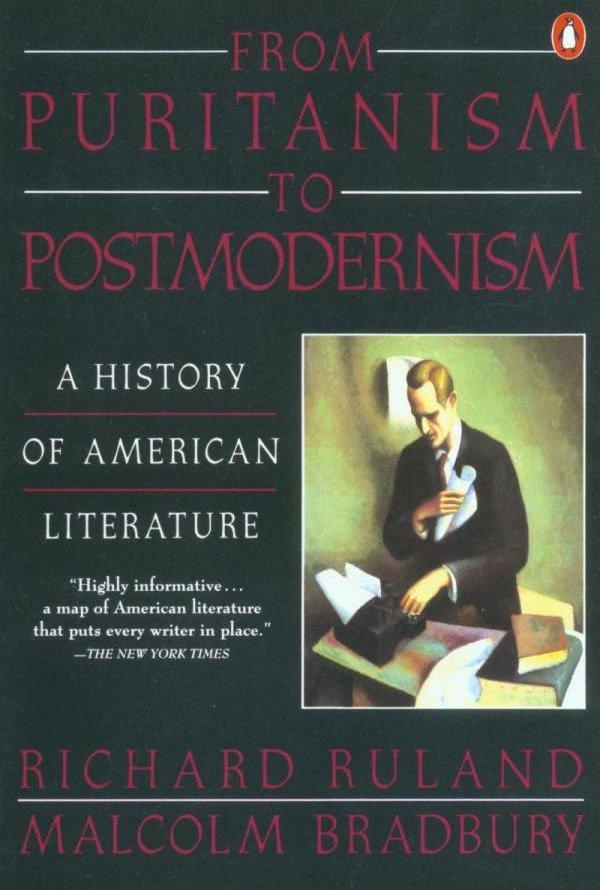
Zustellung: Fr, 18.07. - Do, 24.07.
Versand in 3-4 Wochen
VersandkostenfreiFrom Modernist/Postmodernist perspective, leading critics Richard Ruland (American) and Malcolm Bradbury (British) address questions of literary and cultural nationalism. They demonstrate that since the seventeenth century, American writing has reflected the political and historical climate of its time and helped define America's cultural and social parameters. Above all, they argue that American literature has always been essentially "modern," illustrating this with a broad range of texts: from Poe and Melville to Fitzgerald and Pound, to Wallace Stevens, Gwendolyn Brooks, and Thomas Pynchon.From Puritanism to Postmodernism pays homage to the luxuriance of American writing by tracing the creation of a national literature that retained its deep roots in European culture while striving to achieve cultural independence.
Inhaltsverzeichnis
Preface
Part I. The Literature of British America
1. The Puritan Legacy
2. Awakening and Enlightenment
Part II. From Colonial Outpost to Cultural Province
3. Revolution and (In)Dependence
4. American Naissance
5. Yea-saying and Nay-saying
Part III. Native and Cosmopolitan Crosscurrents: From Local Color to Realism and Naturalism
6. Secession and Loyalty
7. Muckrakers and Early Moderns
Part IV. Modernism in the American Grain
8. Outland Darts and Homemade Worlds
9. The Second Flowering
10. Radical Reassessments
11. Strange Realities, Adequate Fictions
Index
Part I. The Literature of British America
1. The Puritan Legacy
2. Awakening and Enlightenment
Part II. From Colonial Outpost to Cultural Province
3. Revolution and (In)Dependence
4. American Naissance
5. Yea-saying and Nay-saying
Part III. Native and Cosmopolitan Crosscurrents: From Local Color to Realism and Naturalism
6. Secession and Loyalty
7. Muckrakers and Early Moderns
Part IV. Modernism in the American Grain
8. Outland Darts and Homemade Worlds
9. The Second Flowering
10. Radical Reassessments
11. Strange Realities, Adequate Fictions
Index
Produktdetails
Erscheinungsdatum
01. Dezember 1992
Sprache
englisch
Auflage
Revised edition
Seitenanzahl
480
Autor/Autorin
Malcolm Bradbury, Richard Ruland
Verlag/Hersteller
Produktart
kartoniert
Gewicht
373 g
Größe (L/B/H)
195/130/35 mm
ISBN
9780140144352
Entdecken Sie mehr
Bewertungen
0 Bewertungen
Es wurden noch keine Bewertungen abgegeben. Schreiben Sie die erste Bewertung zu "From Puritanism to Postmodernism" und helfen Sie damit anderen bei der Kaufentscheidung.







